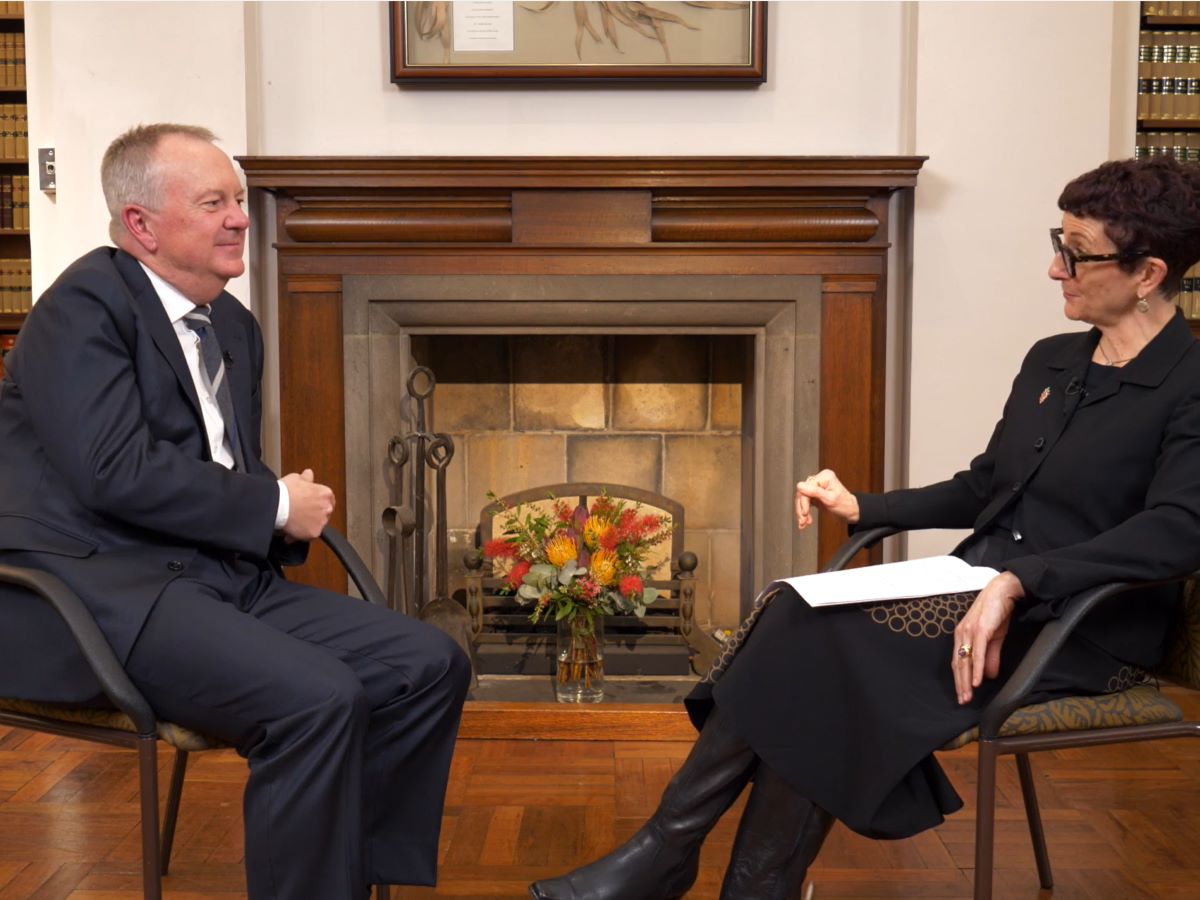Court Network ⎼ Transforming your day in court
Inside the Court Network Video of Inside the Court Network This week Victoria Law Foundation spoke to ...
Thursday, May 10, 2018
This week Victoria Law Foundation spoke to Melanie Heenan, Executive Director of Court Network, to find out more about how they help people in court.
What is Court Network?
'Court Network is a voluntary non-legal court support service that operates in Victoria and Queensland. To give you some idea of its reach, last year over 300 volunteers helped 129,787 people attending courts in Victoria throughout 2016/17. Of those 81, 899 people received support in the Magistrates Court including 37,984 people involved in family violence matters in the Magistrates Court.'
What is the typical profile of a Court Networker?
'Court Networkers are a diverse group of people, often part time and heading into retirement. They frequently have a professional background and a strong desire to give back to the community.'
What is a Networker’s role in court?
'A networker’s role is to approach people who are attending court to offer direct support, information and referrals or whatever is appropriate. Sometimes this means providing information about what will happen in court, or it may mean making a referral to a community service that will help that person with housing, finance, health or family violence issues.
'A Court Networker may also sit with someone in court during the hearing, show them around court so they know where to go, or have a chat and offer emotional support.'
What new projects have Court Networkers been involved in?
'Over the last two years Networkers have been involved in a special project supporting women who are victims of family violence. In 2016/17, 191 women were supported by Court Networkers at the Sunshine Magistrates’ Court as part of the specialist family violence integrated court service, which operates on family violence list days. The Networkers play a valuable role in identifying and responding to family violence risk in court, including putting arrangements in place to ensure the woman is safe at court.'
It sounds like a challenging role. What kind of training do networkers get?
'Volunteers do not get instant entry to the Court Network program. Each volunteer needs certain skills to perform the tasks. They each undertake a 12 day training program which covers the courts and court process, working with people who are unrepresented, and with accused people and their family members, victims of sexual assault and other vulnerable witnesses. The training also focuses on how to deliver the service according to the Court Network service model, in providing advocacy and support, and in understanding how to assess broader service needs and provide appropriate referrals.'
What are the limits of a Court Networker’s role?
'Court Networkers strictly do not provide legal advice. While they can help people to understand the process, and the court’s administrative requirements, they are careful not to provide legal advice. Court Networkers work closely with duty lawyers and other services, in a complementary way, which often results in court users having a more streamlined experience in the court.'
The challenges faced by Court Networkers?
'Over the last few years we have done a lot of work to gain the acceptance of the legal profession. Key to this has been educating people about the services we offer in court. There may be a small number of barristers who continue to think of Networkers as they might pastoral care workers, whose principal function is to make someone a cup of tea or provide tissues to someone who’s distressed.
'However, most will have experienced Networkers as highly capable, highly skilled workers who are providing support to some of the most vulnerable and high needs people in our community.'
Are there any new developments on the horizon for Court Network?
'Court Network is working closely with Magistrates’ Court Victoria as they expand their specialist family violence court division into five locations including the new Shepparton Court.
'Court Network has already been involved at the Sunshine court in connecting people to specialist services where levels of safety and increased risk were not always being identified due to the pace and demands on the courts.'
You can make a referral to the Court Network for a friend, client or family member. Find out more about how to express your interest in becoming a volunteer with Court Network.
Publications
Subscribe to our Newsletter
Courts, Community and Confidence
Join Chief Justice Richard Niall a for a recorded conversation about the law’s role in our community and the challenges shaping justice today.


